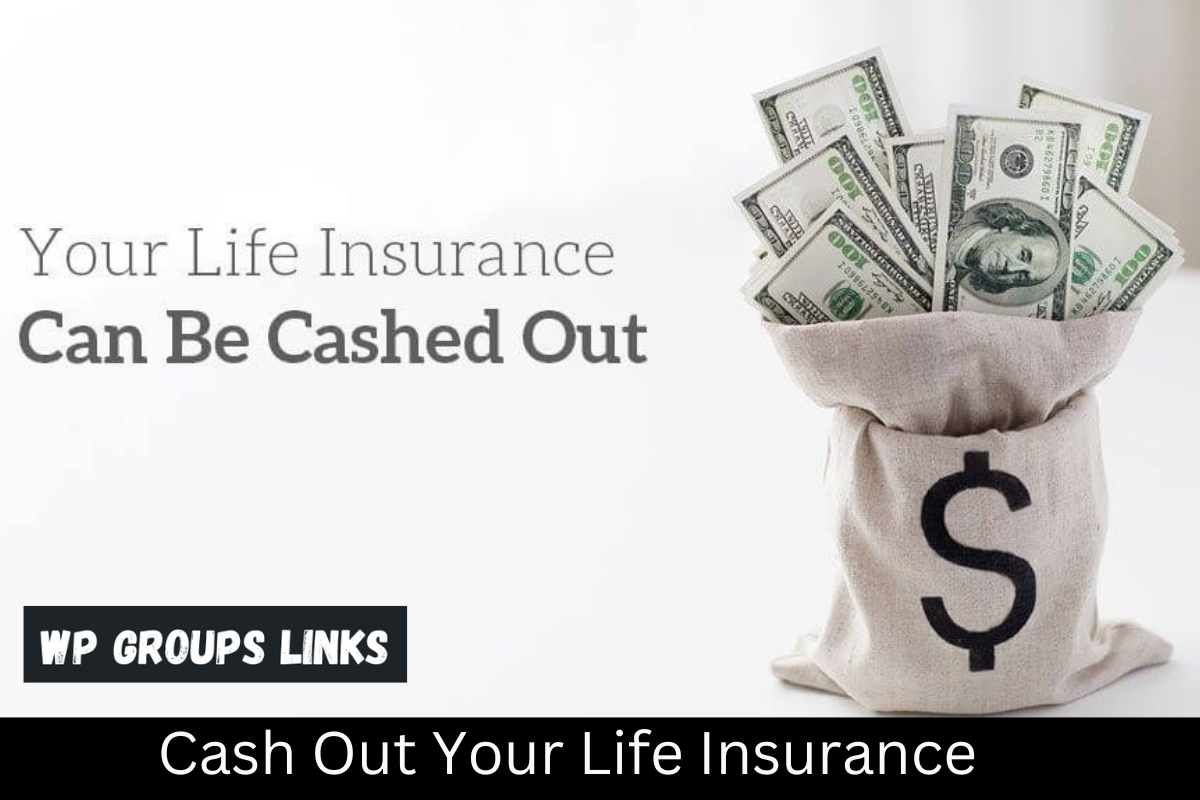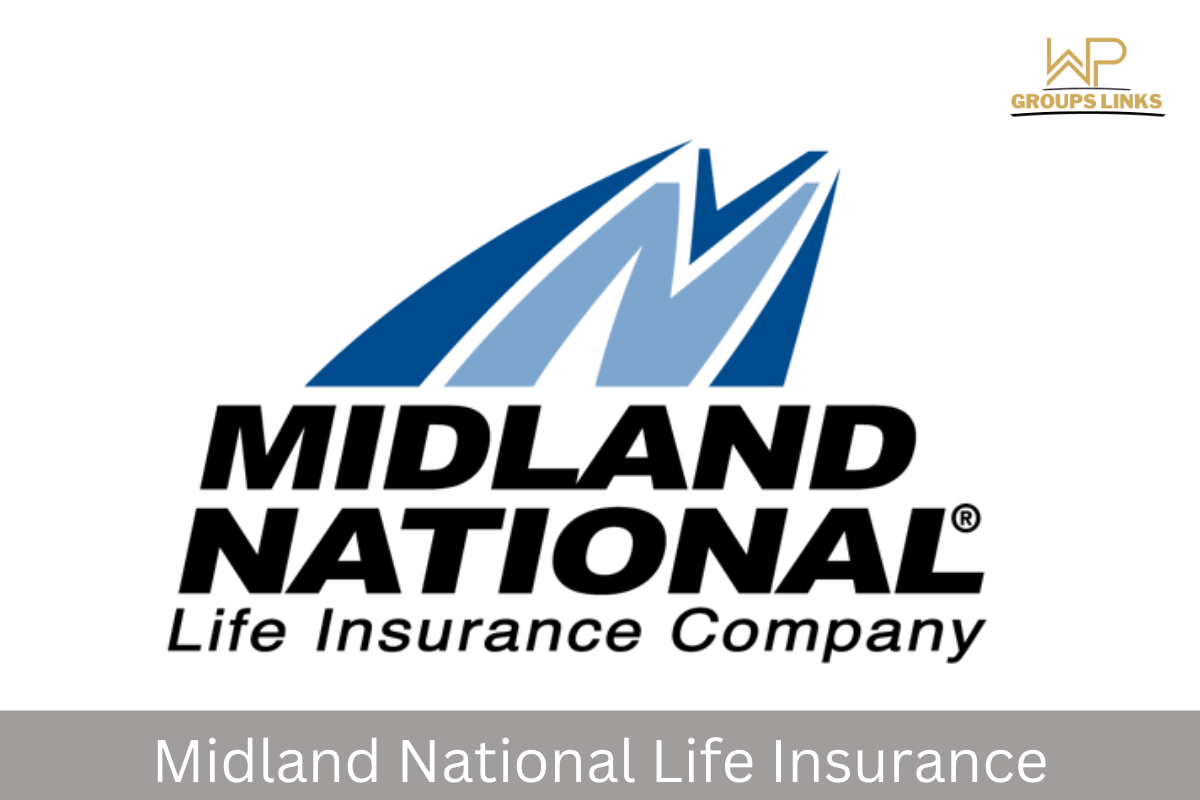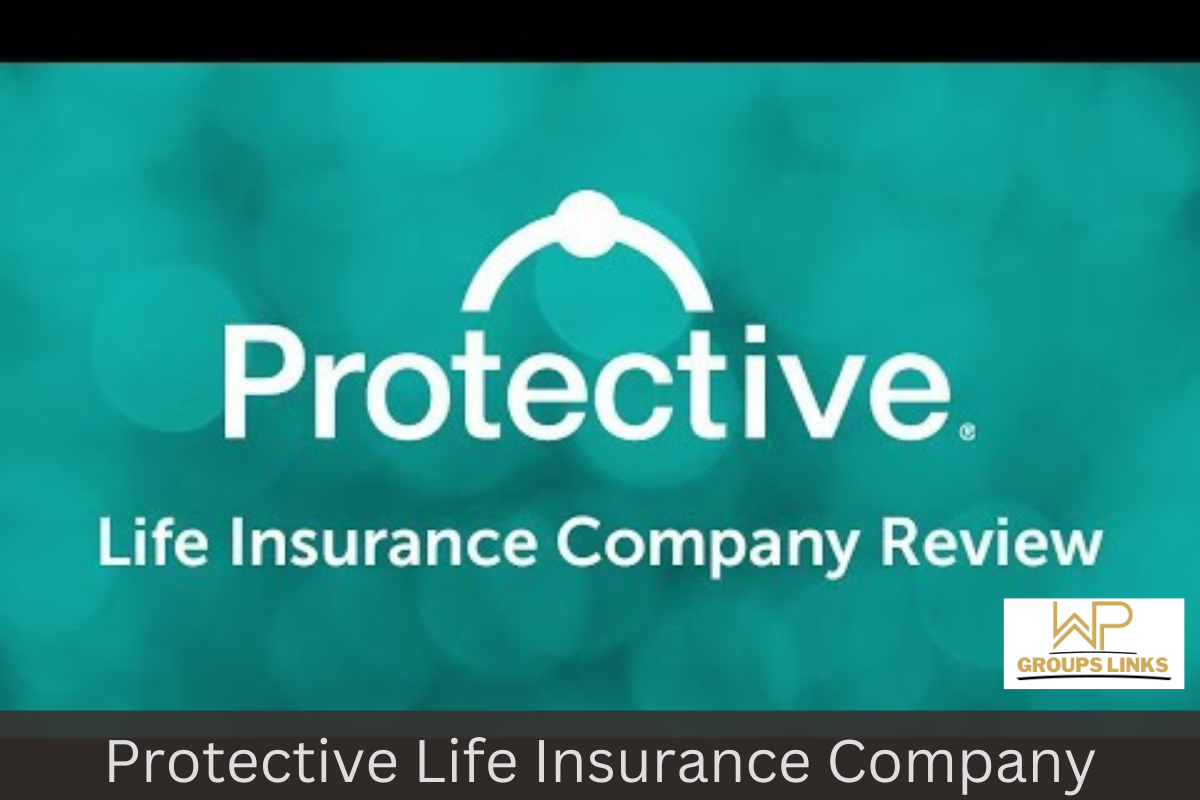Cash Out Your Life Insurance
Life insurance is a crucial aspect of financial planning, providing a safety net for your loved ones in case of unforeseen circumstances. However, life is unpredictable, and situations change. In this article, we will explore the option of cashing out your life insurance policy, shedding light on the reasons, the process involved, and the pros and cons associated with this decision.
Introduction
A. Definition of “Cash Out Your Life Insurance”
Cashing out your life insurance involves accessing the cash value within the policy before the insured person passes away. This option allows policyholders to receive a lump sum amount, providing financial flexibility.
B. Importance of Understanding Life Insurance Options
As life circumstances evolve, so do financial priorities. It becomes essential for individuals to be aware of the options available within their life insurance policies, including the possibility of cashing out.
Reasons to Consider Cashing Out Life Insurance
A. Financial Emergencies
Life is full of unexpected twists, and during financial emergencies, having quick access to funds can make a significant difference. Cashing out life insurance offers a viable solution in times of urgent need.
B. Change in Financial Priorities
As life progresses, financial goals and priorities may shift. Cashing out a life insurance policy allows individuals to reallocate funds towards new financial objectives.
C. Retirement Planning
For those approaching retirement, the cash value accumulated in a life insurance policy can serve as an additional resource for a more comfortable retirement.
Types of Life Insurance Policies
A. Term Life Insurance
Term life insurance provides coverage for a specified period. Cashing out a term life insurance policy may not be applicable, as these policies typically do not accumulate cash value.
B. Whole Life Insurance
Whole life insurance policies accumulate cash value over time, making them eligible for cashing out. Understanding the intricacies of the policy is crucial in this process.
C. Universal Life Insurance
Similar to whole life insurance, universal life insurance policies build cash value, offering a Process of Cashing Out Life Insurance
A. Assessing the Policy
Before making any decisions, it’s essential to assess the policy thoroughly. Understand the current cash value, any potential penalties, and the impact on the death benefit.
B. Contacting the Insurance Provider
Initiate communication with the insurance provider. Discuss the intention to cash out the policy and gather information on the required steps.
C. Understanding the Cash Value
Having a clear understanding of the cash value ensures informed decision-making. The cash value represents the amount available for withdrawal after considering fees and expenses.
Pros and Cons of Cashing Out
A. Pros
1. Immediate Access to Funds
Cashing out life insurance provides an immediate influx of cash, offering financial relief during emergencies or significant life events.
2. Flexibility in Using the Cash
The cash received can be utilized for various purposes, such as debt repayment, investments, or fulfilling other financial goals.
Cons
1. Reduction in Death Benefit
Cashing out a life insurance policy typically leads to a reduction in the death benefit, impacting the coverage provided to beneficiaries.
2. Tax Implications
Understanding the tax consequences is crucial, as cashing out may result in taxable income. Consulting with a financial advisor is advisable to navigate potential tax liabilities.
Alternatives to Cashing Out
A. Policy Loans
Some life insurance policies allow policyholders to take out loans against the cash value, providing access to funds without fully surrendering the policy.
B. Surrendering the Policy
Surrendering the policy involves terminating it in exchange for the cash value. This option is irreversible and requires careful consideration.
C. Accelerated Death Benefits
Certain life insurance policies offer accelerated death benefits, allowing policyholders to access a portion of the death benefit in the case of a terminal illness.
Real-Life Scenarios
Life is a journey filled with unexpected twists, and for some individuals, the decision to cash out their life insurance becomes a pivotal moment in their financial narrative. Let’s delve into real-life scenarios that shed light on the diverse situations and considerations individuals face when contemplating this significant financial move.
Case Studies of Individuals Who Cashed Out Life Insurance
1. Sarah’s Emergency Fund Dilemma
Sarah, a 35-year-old professional, found herself facing a sudden medical emergency. With mounting medical bills and a need for immediate funds, she turned to her life insurance policy. Cashing out provided Sarah with the financial relief needed to navigate the crisis. However, the decision came with the trade-off of a reduced death benefit, prompting Sarah to reevaluate her long-term financial strategy.
2. Mike’s Shift in Financial Priorities
Mike, in his early forties, experienced a significant shift in his financial priorities. Originally purchasing a life insurance policy to secure his family’s future, Mike found himself drawn to entrepreneurship. Cashing out his life insurance policy allowed him to inject capital into his business venture. While it propelled his entrepreneurial dreams, Mike had to acknowledge the impact on the coverage his family would receive in the event of his untimely demise.
Lessons Learned and Best Practices
1. Evaluate the Urgency of the Need
Sarah’s case highlights the importance of assessing the urgency of the financial need. Before cashing out a life insurance policy, individuals should carefully consider alternative sources of funds and the long-term consequences of reducing the policy’s death benefit.
2. Understand the Impact on Beneficiaries
Mike’s experience emphasizes the need to understand how cashing out a life insurance policy affects beneficiaries. It’s crucial to communicate openly with family members about the decision and explore alternatives that balance immediate financial goals with long-term security.
3. Explore Alternatives Before Committing
Both case studies underscore the value of exploring alternatives before committing to cashing out a life insurance policy. Policy loans, surrendering the policy, or utilizing accelerated death benefits are potential options that may better align with an individual’s financial goals without compromising coverage entirely.
Navigating the Emotional Aspect
Cashing out a life insurance policy is not merely a financial transaction; it often carries emotional weight. Individuals may grapple with the idea of reducing the financial protection they provide for their loved ones. The emotional aspect is a vital consideration, and individuals should be prepared to have open conversations with family members and financial advisors.
Best Practices for Those Considering Cashing Out
Consult with Financial Advisors
Before making any decisions, seeking guidance from financial advisors is paramount. Professionals can provide insights into the potential implications, tax considerations, and alternative solutions tailored to individual circumstances.
Communicate Transparently with Loved Ones
Transparent communication is key when contemplating such a significant financial decision. Discussing the intention to cash out a life insurance policy with family members ensures everyone is on the same page and understands the potential impact.
Regularly Review Financial Goals
Financial goals evolve over time, and regular reviews are essential. Periodically reassessing the need for life insurance, along with exploring options like adjusting coverage or considering additional policies, helps individuals stay aligned with their evolving financial objectives.



